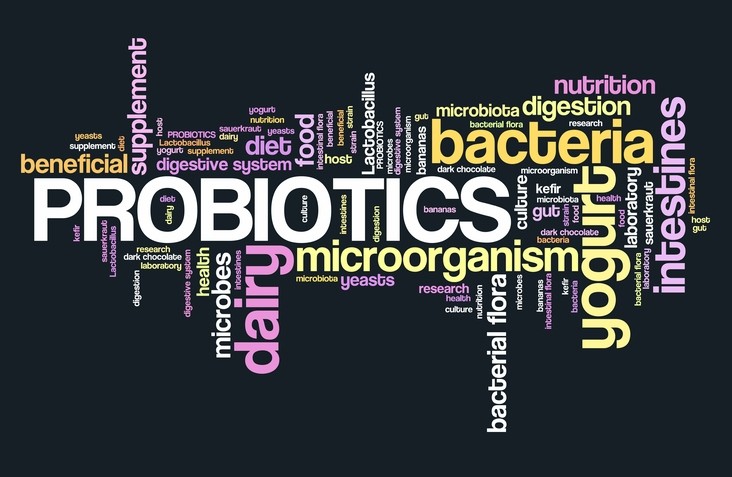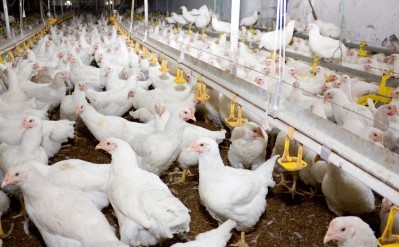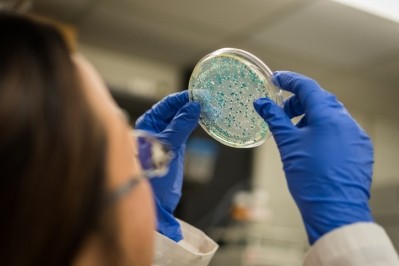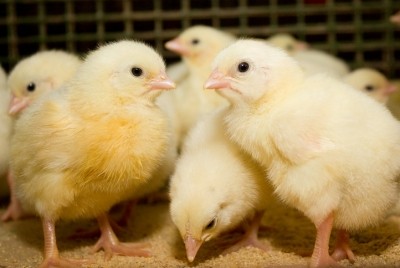US company pursues series A funding, development of novel probiotic

The team started work to de-risk and commercialize a novel strain of bacteria, Faecalibacterium prausnitzii through a license from Cornell University in 2016, said John Kallassy, CEO with Bactana.
The decision followed a large-scale trial looking at beef and dairy calves fed a one-time dose of a selected group of bacteria strains of the species.
“The calves that were [given the probiotic] gained 13.2% more than the control group, their overall mortality was down by 36% and the reduction of scours was down 47%,” he told FeedNavigator. “It was a large trial – when I saw that data this was better than anything I’d ever seen, and we decided to invest in additional [research and development] to commercialize this and build a business around it.”
“In 2016 Cornell Professor Dr. Rodrigo Bicalho and I formed Bactana to expand the patent portfolio, perfect the manufacturing process, perform follow-on trials in calves and [potentially] many other species and commercialize this amazing technology,” he said. The company has since completed several in vitro and in vivo studies with the supplement, he added.
“There continues to be a lot of development on probiotics for livestock, but we haven’t seen strong data to support efficacy in the current bacteria strains that are being marketed,” he said. “What we have is unique and there are no products on the market that have shown the types of benefits that we demonstrated in multiple trials.”
The company is currently working to close a Series A financing round to raise money to expand our research and continue efforts toward commercialization, said Kallassy.
“We’re currently manufacturing on a pilot level to improve techniques and produce material for trials – part of the investment proceeds will be used to scale manufacturing,” he said. “Our strategy is to outsource commercialization to a third party or partner with a stategic animal health company.”
Although currently operating out of a lab at Cornell University’s McGovern Center, the company is set to open a lab at the University of Connecticut through its Technology Incubation Program, he said.
Developing the probiotic
Work with the species of bacteria started after a period spent analyzing the differences in the microbiome of healthy calves and less healthy calves – as determined by growth rate and disease susceptibility, said Kallassy. The less robust calves were determined to have less of the specific bacterium.
“It’s a naturally occurring bacterium that is found in all animals,” he said.
At the time, there had been little work done on the particular species, and the research team has since isolated and experimented with multiple strains of the bacteria.
Within the strains, a select few appeared to be linked to specific attributes that produced beneficial effects, he said. Those strains were isolated, fermented and used in a trial with 554 dairy calves.
About half the calves in the trial were fed a one-time dose of the produced bacteria strains and the other group acted as a control, he said.
The microbiome in a newborn animal is not developed, said Kallassy. “Our theory is that by providing these organisms early in the life they help manipulate the microbiome, while it is first being established, allowing animals to become healthier during the pre-weaning period, and possibly during its entire life,” he added.
Long-term tracking of the animals that took part in the initial, large-scale study, found that their milk production was increased during the first lactation, he said.
Future development and testing of the technology also may suggest a role for its use during later stages of development when an animal faces a stress event, he said. “In a commercial product there could be multiple approaches depending on species or farm,” he added.
Market development
The initial target for use of the probiotic will be in the production of calves, said Kallassy. However, Bactana is also developing the product for beef, poultry, and swine.
However, the company is not looking to build a manufacturing and distribution platform entirely on its own, he said. Instead, it is planning to partner with an established animal nutrition producer.
“To build out a manufacturing and distribution platform for a single product – that’s not a smart business strategy for us,” he said. “Instead, we’ll perform trials and continue to de-risk until we’re ready to partner.”
An additional benefit of partnering for the launch of the probiotic would be that the company can focus its efforts globally rather than regionally, he added.
“There would be no reason to limit the launch because our strategy is not to build out our own distribution and support team, we’ll look to established channels from partners,” said Kallassy. At this time, there is distinct interest in developing several markets including in North America and China, he added.
Additionally, the group has already established a patent portfolio for the genus of bacteria – there is only one bacteria species in the genus the group has been exploring – in the US and China along with the filing of several global provisional patents, he said.
“When these bacteria strains are administered at birth they improve weight gain, disease reduction, feed efficiency – that’s the basis of one of our issued patents,” he said.















